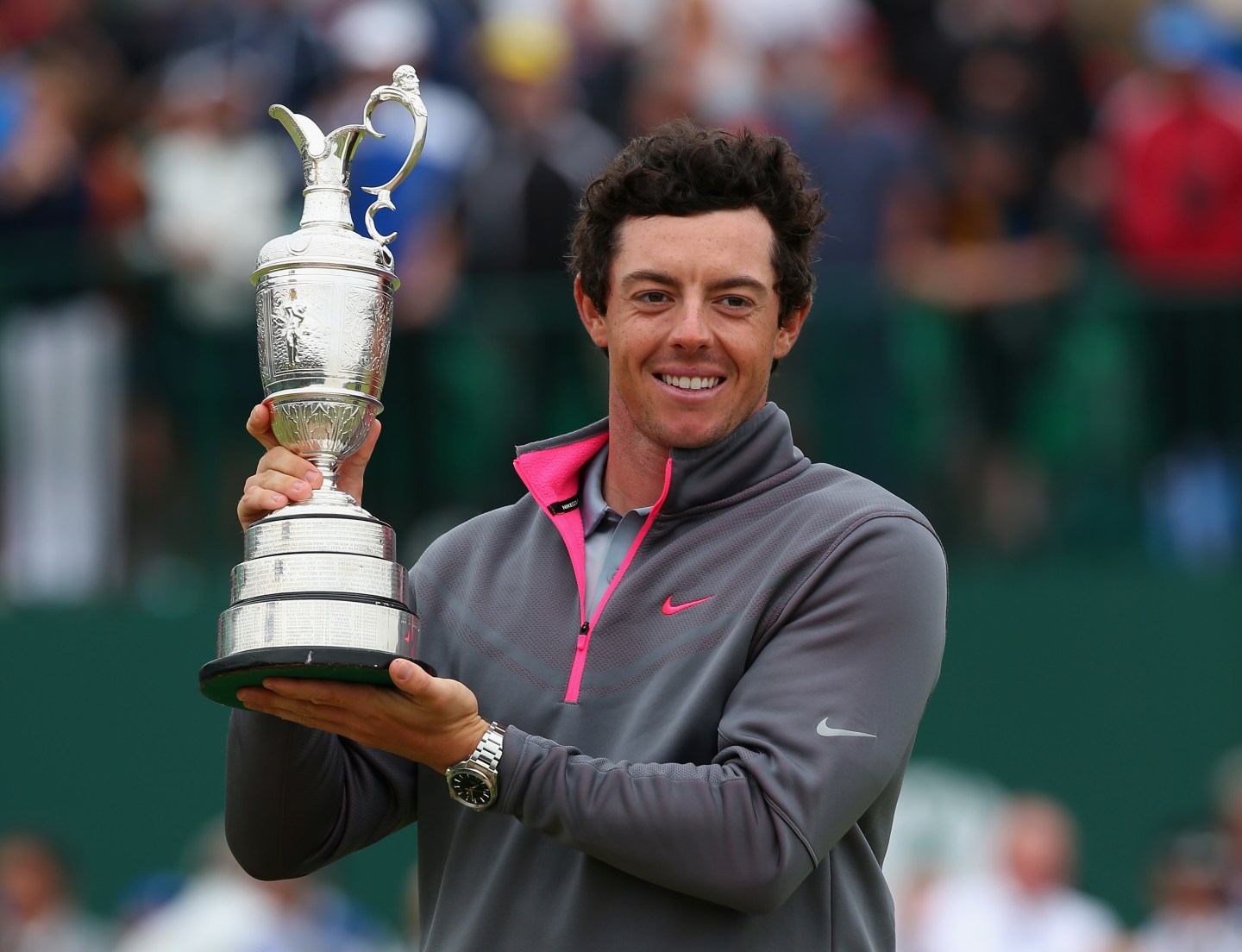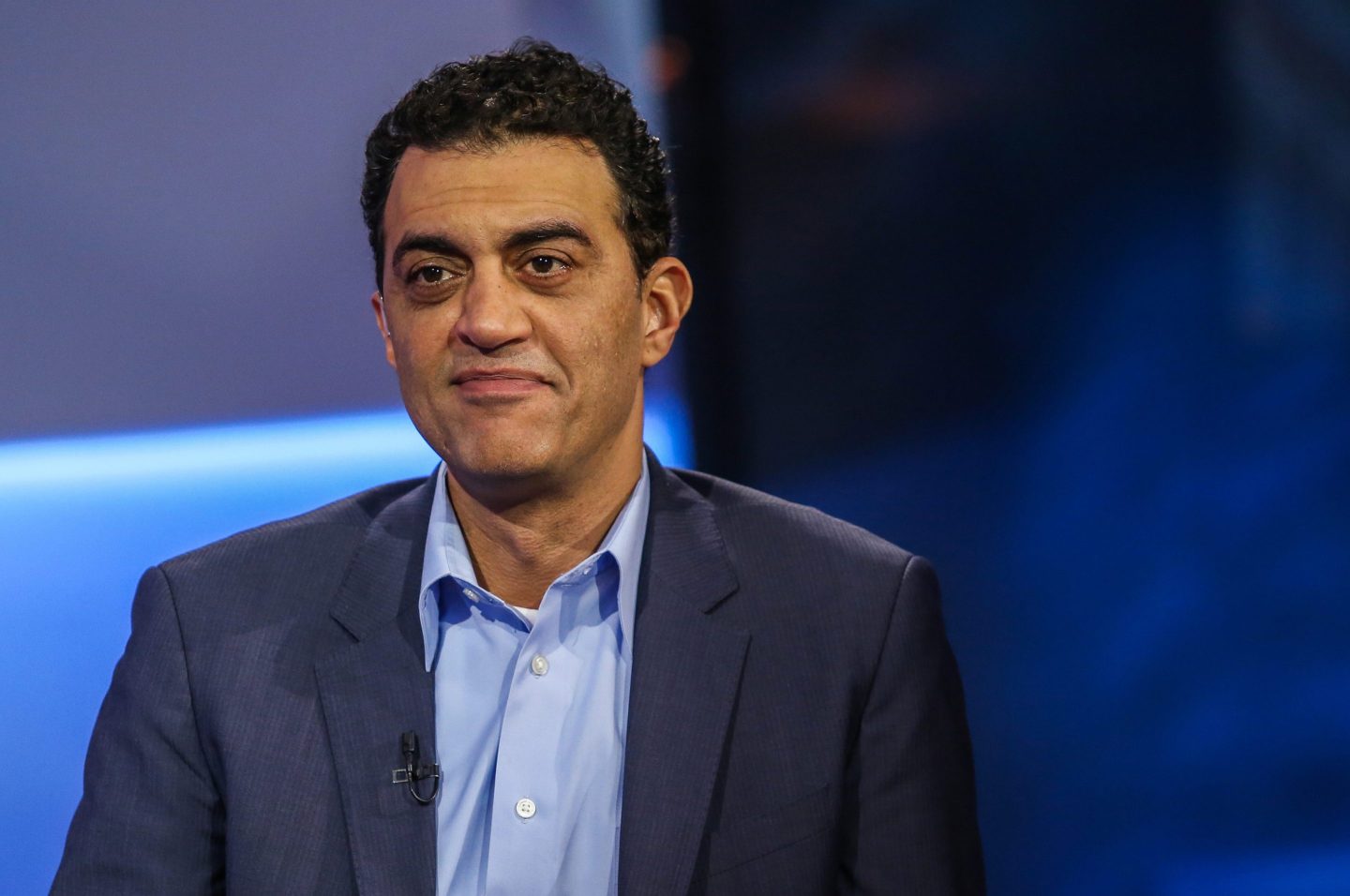Superstar golfer Rory McIlroy says he won’t compete in the Summer Olympics in Rio, citing concerns about his health due to the possibility of exposure of the Zika virus in Brazil.
McIlroy conceded that even though the risk of infection was low, “it is a risk nonetheless and a risk I am unwilling to take,” ESPN reported. The golfer added that after consulting with his loved ones, he came to realize his health and his family’s health “comes before anything else.”
Worries about the Zika virus – which primarily spreads through mosquito bites and is rarely deadly – have led several athletes to announce that they would decline to participate in this summer’s Olympic Games. One British long jumper even announced he would freeze some of his sperm ahead of the event, because the Zika virus can be transmitted through sexual transmission.
The loss of McIlroy at the Olympics will hurt golf, which is returning to the Games after a 112-year absence. McIlroy had intended to compete for Ireland, rather than Great Britain, and the Irish aren’t the only ones losing out on this news – sponsor Nike (NKE) is also going to miss out on a key marketing opportunity for an athlete they reportedly paid $200 million to endorse.
Late last year, McIlroy talked up the opportunity for golf to become a truly important sport at the Olympics – saying it could a while before the event could become as significant as it has been for tennis, which returned as an Olympic sport in 1988 after several decades of exclusion. At the time, McIlroy was quoted to say he thought not playing in the Olympics as a golfer would have been “a very selfish decision. It wouldn’t have been good for the game of golf at all.” Though, at the time of that interview, Zika virus worries weren’t on athletes’ radars as intensely as today.












